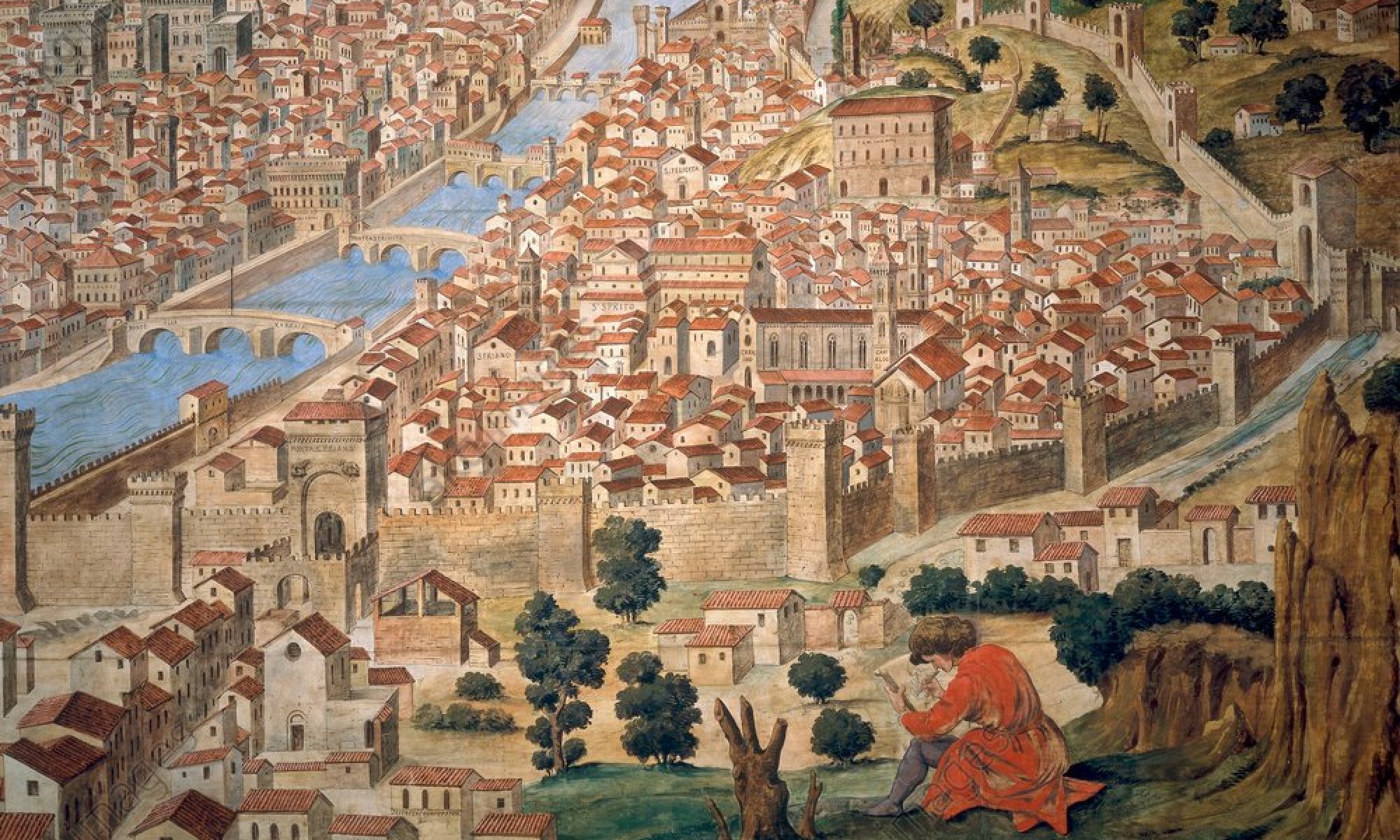Bolivar by Marie Arana.
Paperback: 512 pages
Publisher: W&N (12 Jun. 2014)
Language: English
ISBN-10: 1780226179
ISBN-13: 978-1780226170
http://www.amazon.co.uk/Bolivar-Epic-Liberated-South-America/dp/0297870262
The life of Simon Bolivar was like a comet or a shooting star, a brilliant flash of light that suddenly whipped across the vastness of the sky and had no sooner shone than disappeared. Had I grown up being told tales of this man, I have no doubts he would have become one of my heroes, and indeed thanks to Marie Arana, he may well yet become one.
To be honest I bought this book on a whim. Apart from knowing that some out of work British soldiers travelled to South America to fight against Spain, I knew nothing very detailed about the Wars of Latin American Independence. It was in truth for this reason that I decided to learn more about Simon Bolívar. As I inspected the shelves of the bookstore for South American History, my eye fell on the emerald and gold spine with the bold red and gold words reading Bolivar on it. There is no doubt that the book in itself is a fine production, a sleepy eyed liberator stares out confidently from the glorious riot of colour, which approximates the yellow, blue and red Columbian Flag with emerald, red and gold and at once I felt that I wished to read it.
It is fairly chunky at over 460 reading pages not including notes, bibliography, index and acknowledgements, with a block of full colour images inside with roughly 2-3 per page, however some of the images themselves are of a surprisingly poor quality and are fairly pixelated. In the front there are some very good maps, which while not showing any military movements are useful for those who are not familiar with South American Geography.
Though the author now and again seems to imply that Napoleon was personally present in Spain during the later stages of the Peninsular War, and indeed at one point seems to confuse the retreat from Moscow with the French withdrawal from Spain, I found the book completely addictive, as compelling as a novel but better as a work of history. I almost had to keep reminding myself that the man I was reading about actually breathed air. It occur’s to me that had this been invented as a work of fiction, it would either have become one of the most ingenious stories ever conjured by the human mind, or decried as the most unbelievable fantasy ever dreamed up.
In this book Bolivar is in the hands of a master storyteller, and in Bolivar it seems that Marie Arana has found her perfect subject, though undoubtedly lesser authors would have chosen a lesser subject to cut their historical teeth on, Mrs. Arana (more properly Yardley) has risen to the challenge no less admirably than Bolivar himslef when he contemplated crossing the Andes. The language is rich, and well suited to the subject at hand, heroic and soaring, with a sublime level of pacing and real scholarly dedication to setting a scene and building a picture without slowing things down.
This is without doubt an unapologetically positive biography, one which focuses primarily on his attributes, painting him as the idealist and the genius, and this will affect a reader’s enjoyment depending on whether they have any preconceptions of the Liberator of South America. I had none when I started and though I confess to some cynicism regarding his later years, I wholeheartedly prefer a positive biography to an overtly critical one. This is not to say that Bolivar’s detractors are not included, nor his frailties and mistakes overlooked but they are not so much dwelled upon as his successes, and whenever they appear they are always outshone by his greatness. Bolivar here was a man who had a goal and dedicated his life to it, and was single minded about achieving it, in doing so he was quite willing to trample those who refused to get out of the way. The book tells a story to the reader rather than explaining to them. Successes and failures are shown and the reader is left to determine for themselves how to interpret their affect on the subject’s life. To that end this cannot be said to be the last word on Bolivar but perhaps more a celebration of a legend, albeit on close inspection a very human one.
Bolivar’s forceful, sometimes mercurial and semi mythical personality comes across very well. His exuberance and passion for his cause, his love of women, his seeming addiction to surmounting challenges and danger through sheer force of will and daring, each of which brought out the best in him. The scale of the challenges he faced are well reconstructed, and when one is appraised of them it becomes all the more clear that though with each the toppling of each obstacle his star seemingly shone brighter, in fact it’s vibrant glow was actually the consumption of another piece of precious energy glowing from deep within like a star, long burnt out but shining on. The mysterious force that drove him, a naturally slight, perhaps even frail and indeed increasingly ill man, to become first a dynamic thinker, then a youthful revolutionary, then an intuitively victorious general and ultimately a flawed dictator, drew even men who disagreed and indeed hated him, to his side.
It is a sweeping story told on a heroic scale of one man’s quest to fulfil a dream, set in dramatic and beautiful landscapes which the author recreates with great skill. It is fast paced and engaging, well researched and authoritative, told effortlessly. There hasn’t been a biography I’ve enjoyed as much since reading Elizabeth Longford’s Wellington and I cannot tell you quite how much I enjoyed Bolivar. I feel certain that people wishing to get a picture in their mind of this man will do no better than to turn first to this book.
Josh.



You must be logged in to post a comment.